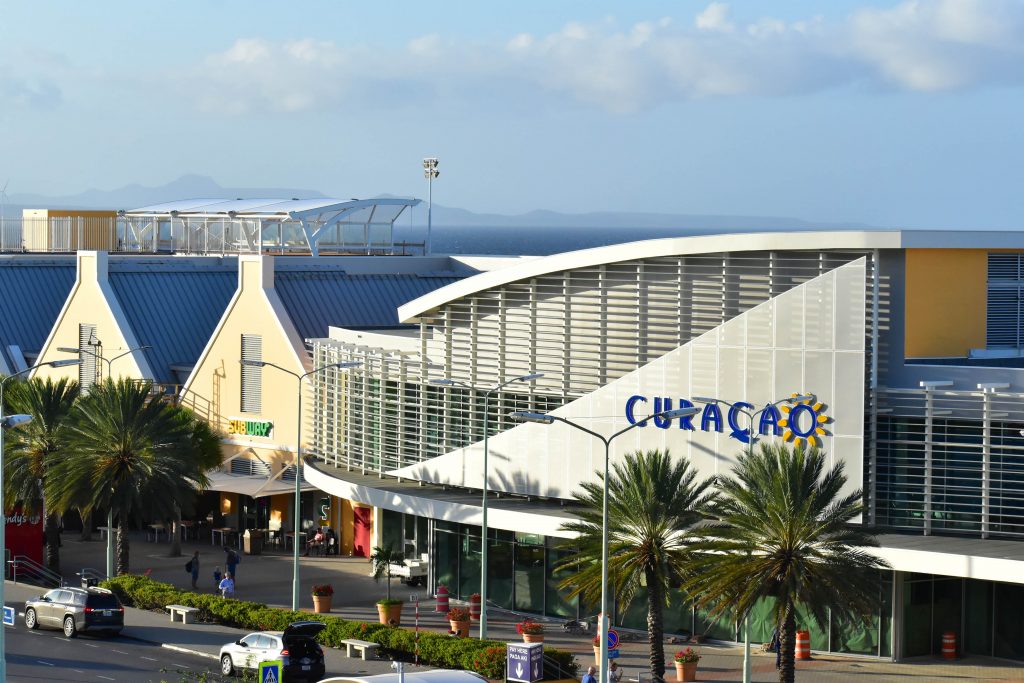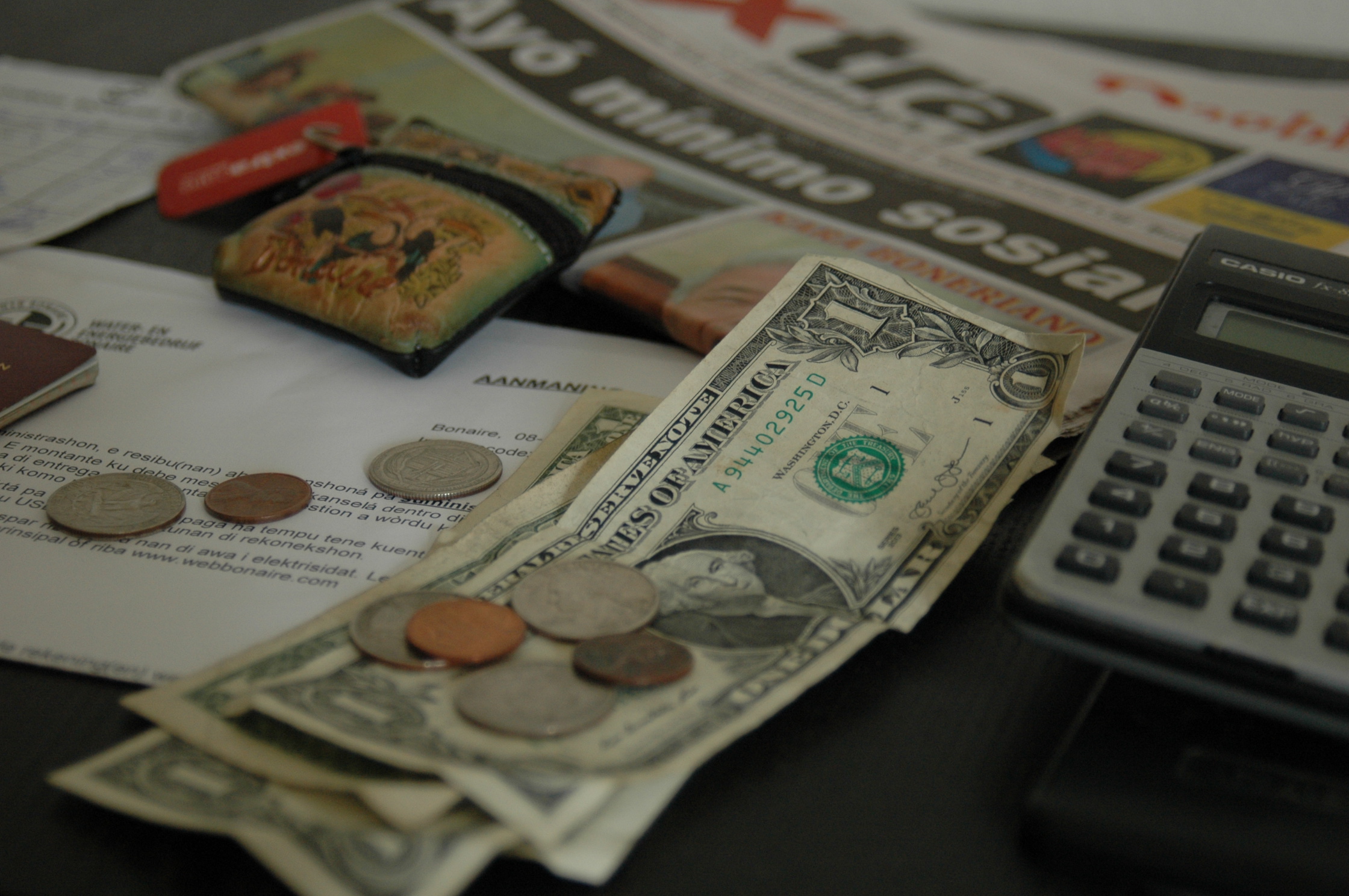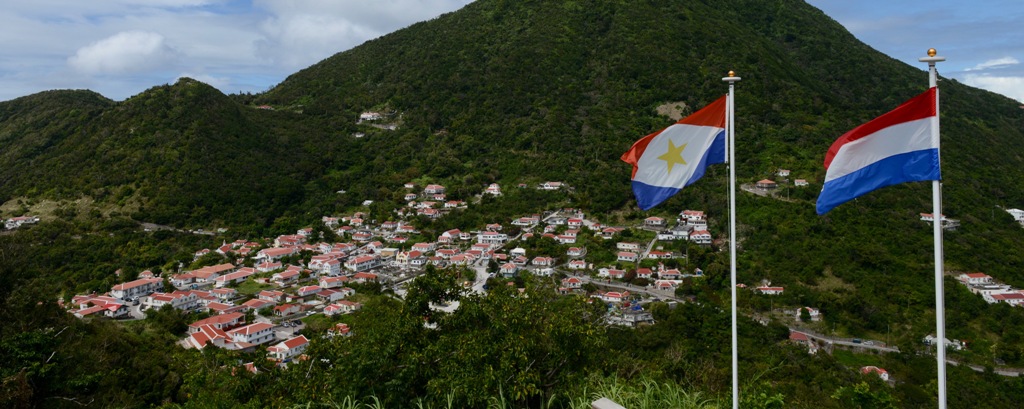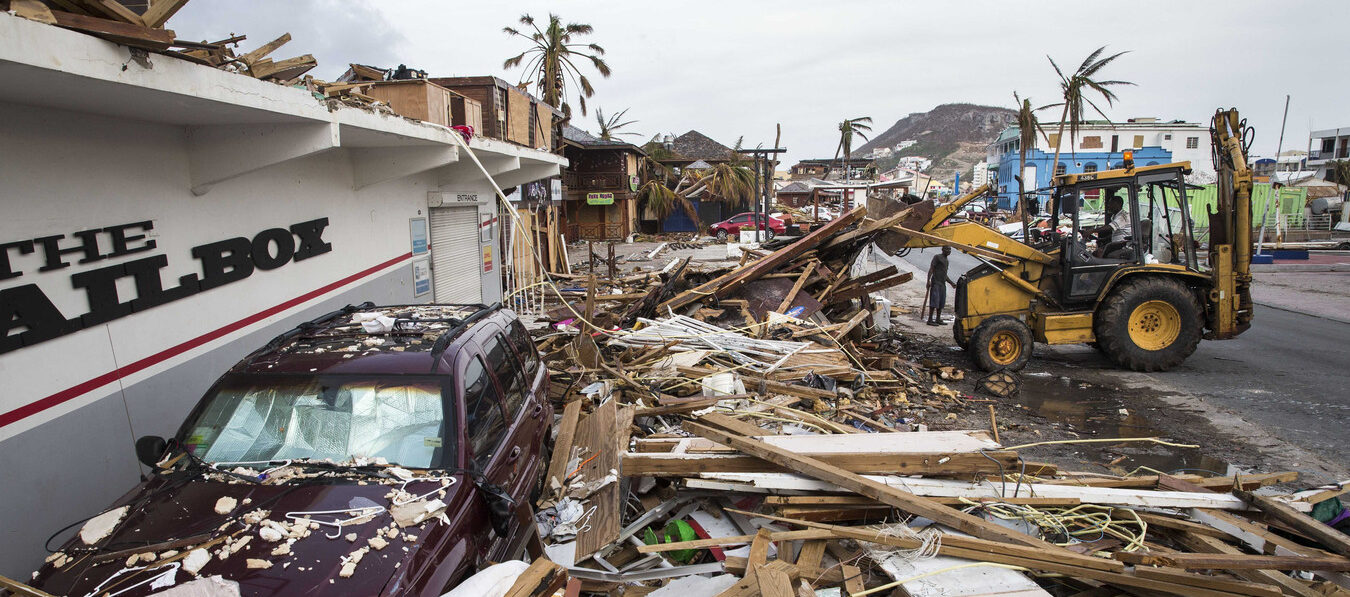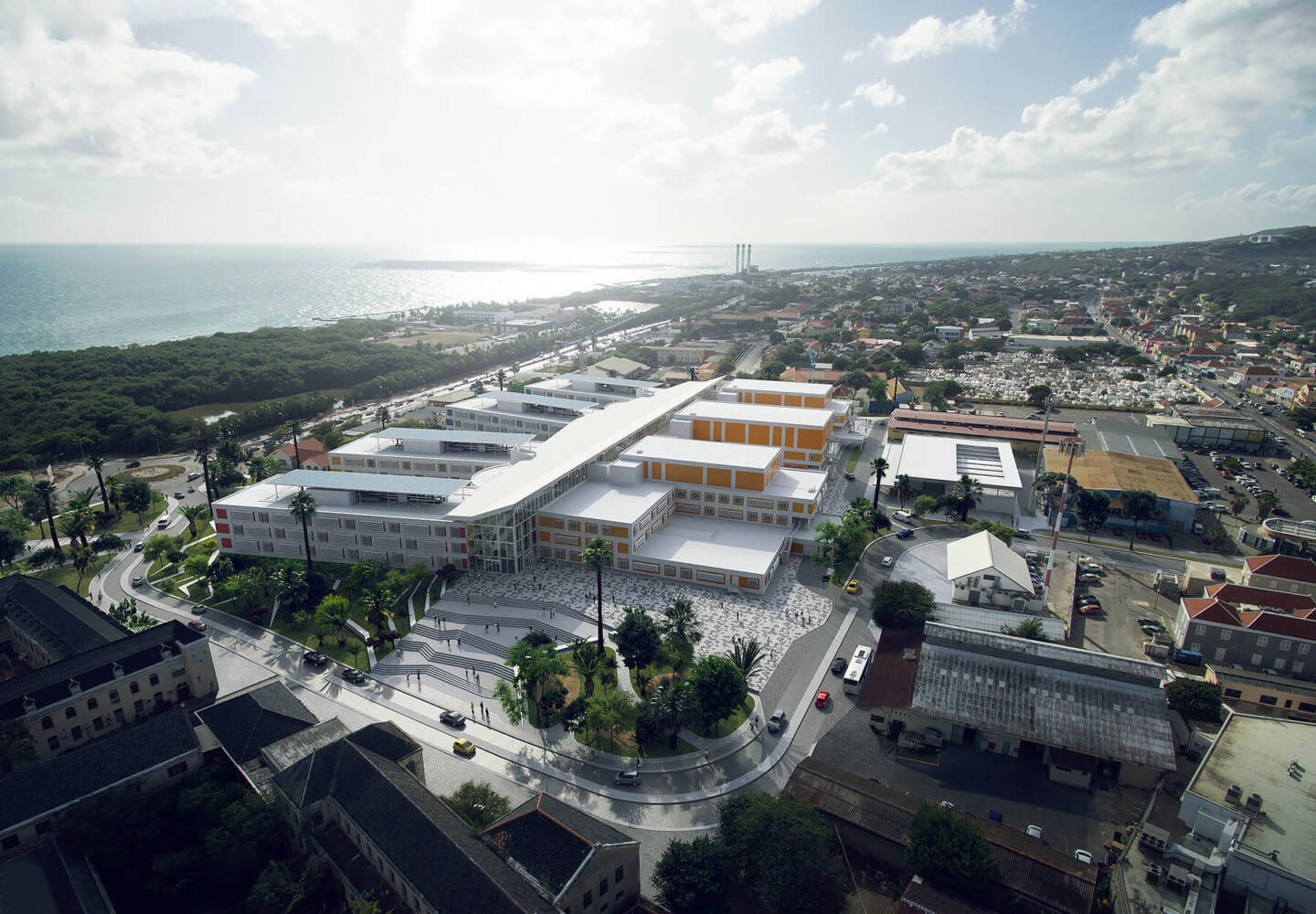WILLEMSTAD – A maximum of ten thousand people from low risk countries are allowed to visit Curaçao in the month of July. Countries such as the Netherlands and other Western European nations, whose visitors will also not be required to go into quarantine.
That is the goal of the government. The hard-hit tourism industry is applying a lot of pressure to open up the borders as soon as possible.
“If the borders don’t open, a majority of the hotels have indicated that they will shut down for the upcoming months until the next high season, at the end of the year, arrives. Which would mean mass lay-offs in the sector”, says minister for Economic Affairs Steven Martina. “We would like to avoid that.”
Test required
The ten thousand individuals allowed to visit in July, including Curaçaoans who want to return to the island, have to take a corona test before they leave for the island. The traveler also has to indicate whether they have symptoms that could denote a corona infection on a form and have to remain available to authorities whilst on the island. The government will evaluate how the system works and will determine if more people will be allowed on the island.
Curaçao’s borders will also be opened for the BES-islands starting on June 12th. When travelers can head to Aruba or Sint Maarten depends on whether or not these countries open up their borders to travelers from the United States of America, the government said.
Possible tourist tracking app
“We want the borders to open but this has to happen as safely as possible. Public health is the most important factor”, emphasizes Paul Pennicook, director of the Curaçao Tourist Board (CTB).
Different protocols have been set up, to for example keep track of how tourist move around the island, he says. An app could keep track of tourist movements and who they came into contact with. New guidelines for restaurants will also be set up. Tourists will most likely have to reserve a spot. This will make trace research easier if it is needed afterwards.
“All these plans are being looked into and everything still has to be worked out”, Pennicook explains. There are also talks of requiring facemasks at busy events.




